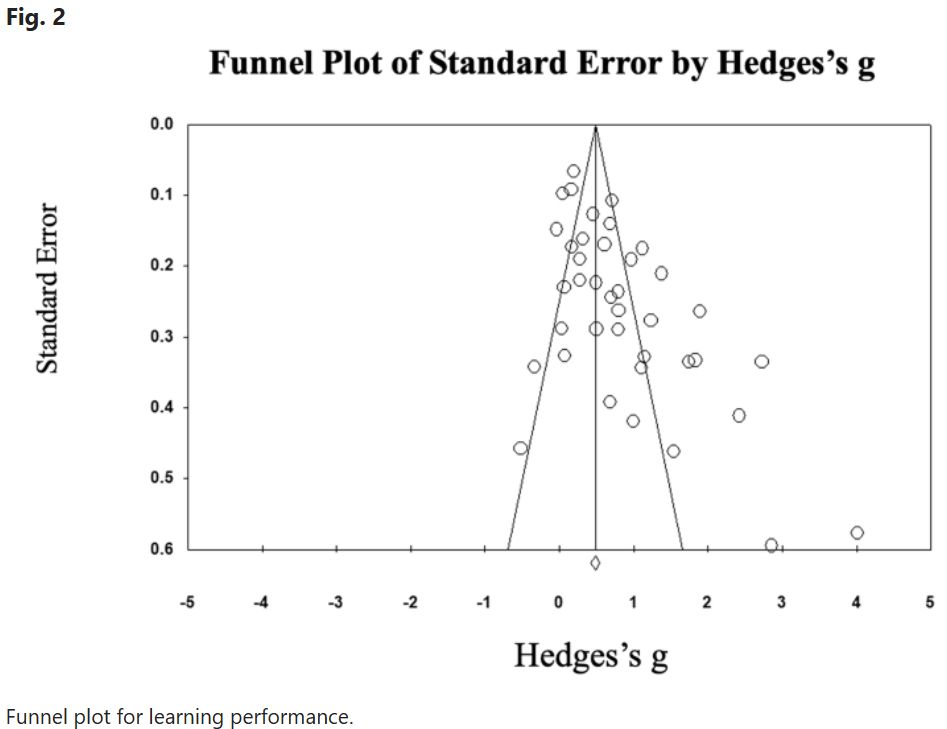https://gbiele.github.io/
However, this plot from a recent study (www.nature.com/articles/s41...), which praises the impact of LLMs on learning outcomes, doesn't exactly inspire confidence.

However, this plot from a recent study (www.nature.com/articles/s41...), which praises the impact of LLMs on learning outcomes, doesn't exactly inspire confidence.
Still, the problem only materialises if the estimand is the effect in a target population.
Then, a sensible thing to do is to draw a missingnes graph (m-DAG) and check if (conditional) exchangebility is violated (any backdoor paths?).
Then you have a RCT where there is clean random assignment of treatment.
Does the first stage sample selection bias your estimate of causal effect of treatment?
Still, the problem only materialises if the estimand is the effect in a target population.
Then, a sensible thing to do is to draw a missingnes graph (m-DAG) and check if (conditional) exchangebility is violated (any backdoor paths?).
www.linkedin.com/feed/update/...

www.linkedin.com/feed/update/...
Here you can see how we, really @tvarnetperez.bsky.social, do our best to give a good answer to an important question for those with ADHD: Does longterm medication improve learning outcomes?
💊 Our new pretest-posttest control group design target trial emulation on the long-term effects of ADHD medication, together with Kristin Romvig Øvergaard, Arnoldo Frigessi & @guidobiele.bsky.social, has just been published. 🧵

Here you can see how we, really @tvarnetperez.bsky.social, do our best to give a good answer to an important question for those with ADHD: Does longterm medication improve learning outcomes?

